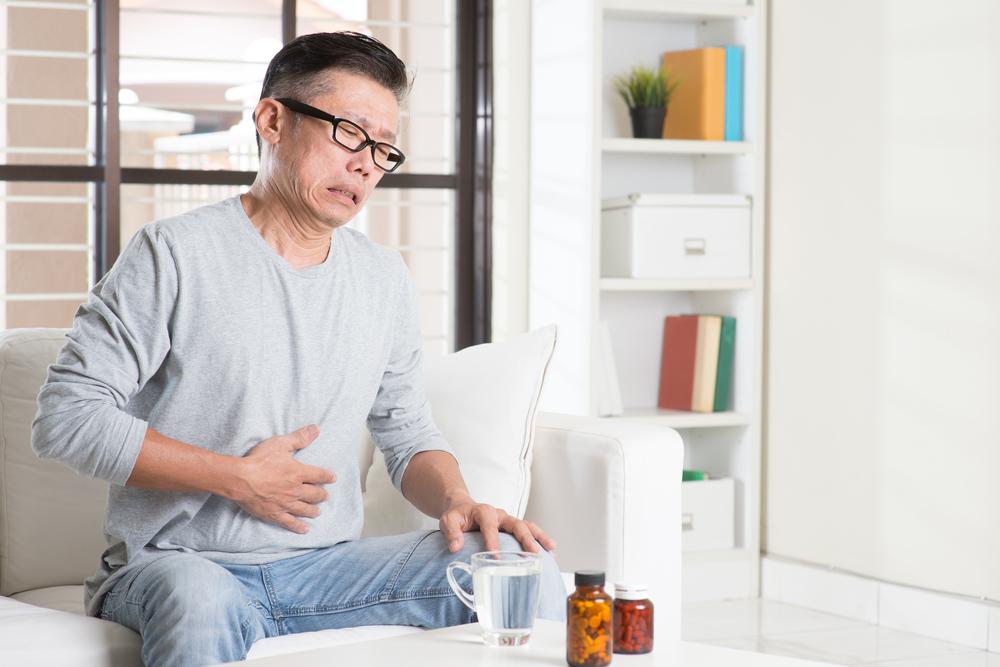Causes, Symptoms, and Treatments for Diarrhea
Diarrhea is mostly associated with irregular bowel syndrome. The condition is accompanied by dehydration which can occur to not only infants and little ones but also adults and seniors. In most cases, diarrhea can continue for a few weeks which can be easily diagnosed and treated with fluid intake and medications. Apart from this acute syndrome, Chronic Diarrhea is also seen where the initial symptoms go unnoticed and the symptoms last for over four weeks which ultimately might require hospitalization.

Adults can prevent the complications by avoiding unpeeled or unwashed raw vegetables and fruits, having perfectly cooked food served hot, using iodine tablets or boiling water before drinking or using for any purpose. As for kids, they must be given bottle fluid and proper medication if no vaccination was taken during childhood. By eating properly cooked food and purified water and looking out for travel warnings, one can avoid diarrhea.
What are the causes of diarrhea?
In the US, the commonest shenanigans for causing Diarrhea are the bacteria like Salmonella, E-coli, Shigella, Campylobacter being contaminated with water and food. Irritable Bowel Syndrome and Inflammatory Bowel Disease are also some of the diseases responsible for causing chronic Diarrhea. The infections caused by the virus like Adenovirus, Rotavirus, Norovirus as well as Parasites like Entamoeba and Giardia are quite prevalent reasons behind diarrhea. Other causes include:
- Medicines like laxatives, magnesium-rich Antacids, antacids, Colchicine, Theophylline, low cholesterol agents, antibiotics, Digitalis, and Lithium
- Removal of parts of intestine or gallbladder during surgery, thereby causing irregular bowels
- Intake of too much alcohol and caffeinated drinks, soda or soft drinks
- Food sensitivity with lactose –dairy products, artificial sweeteners in soft drinks, gums or sugar-free products and with natural sweeteners like Fructose in honey and fruits
- Pre-existing pancreatic or celiac diseases
- Contamination with toxic elements like pesticides, Arsenic, and psychedelic mushrooms
- Disorders of hormones causing diabetes, thyroid, Zollinger-Ellison syndrome, etc
- The rare tumors like pheochromocytoma and carcinoid tumor can cause diarrhea
- Blocked arteries creating Ischemic bowel syndrome that causes bloody diarrhea
- Radiation treatment for cancer
- Certain cancers like colon cancer, pancreatic cancer, carcinoid syndrome, lymphoma, pheochromocytoma, medullary carcinoma, etc
Apart from these, frequent travelers are prone to contract Diarrhea due to contamination of bacteria, virus, and parasites in food, water, and other materials.
What are the symptoms of diarrhea?
Some of the common symptoms of diarrhea include liquid stools, fever, abdominal cramps, bloated abdomen, the urgent need for bowel movement and dehydration. While reddish stools indicate severe diarrhea due to intestinal bleeding, thick black stools indicate bleeding in the upper intestines or in the stomach. The stools or vomit can often be greenish due to movement through intestines unusually faster.
Mild to medium abdominal pain indicates acute diarrhea while severe pain indicates severe diarrhea. Unusual high fever is also an alarming symptom for diarrhea. Unusual thirst, dry mouth, sunken eyes, less urination, etc are symptoms seen in infants and kids. In older or aged people, skin appears to be loose and they can be confused and drowsy.
What are the treatments for diarrhea?
In case of dehydration in mild diarrhea, consuming electrolytes and fluid like water (minimum six to eight ounces glasses), salty broths like low-fat chicken broth, saline water, non-caffeinated sodas, sports drinks, tea with honey and fruit juices (no pulp) can help. Some over-the-counter medications in both tablet and liquid forms can be taken accordingly.
Burning, itching or ache in the rectal area can be treated with a warm bath and patting with a soft towel followed by applying petroleum jelly or hemorrhoid cream to the affected area. Kids should be given vaccines for Traveler’s Diarrhea and rotavirus diarrhea as preventive measures.















